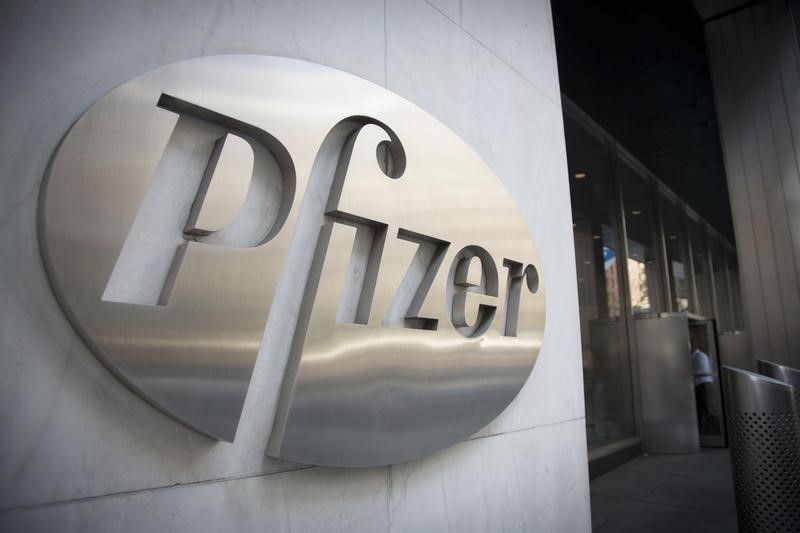This post was originally published on this site
https://i-invdn-com.akamaized.net/trkd-images/LYNXMPEH3Q01B_L.jpg
WASHINGTON (Reuters) – U.S. Trade Representative Katherine Tai on Monday met virtually with top executives of drugmakers Pfizer (NYSE:PFE) and AstraZeneca (NASDAQ:AZN) PLC to discuss a proposed waiver of certain intellectual property rights in response to the COVID-19 pandemic.
Members of the World Trade Organization are due to discuss a proposal by India and South Africa to waive certain provisions of the WTO’s Agreement on Trade-Related Aspects of Intellectual Property Rights (TRIPS) on April 30, but the United States and a few other big countries have blocked such a move.
Democratic lawmakers, civil society groups, and 60 former heads of state and 100 Nobel Prize winners have urged President Joe Biden to back the waiver. White House Press Secretary Jen Psaki on Monday said she had no updates on the issue.
Tai’s meetings with the Pfizer and AstraZeneca executives reflect her intense engagement on the issue, and follow similar meetings with advocacy groups, industry executives and others.
Earlier this month, Tai told a WTO meeting the gaping divide between developed and developing countries’ access to medicines was “completely unacceptable” and industry needed to make sacrifices in times of crisis.
In her discussion with Pfizer Chief Executive Dr. Albert Bourla, Tai emphasized her commitment to working with other members of the WTO on a global response to the crisis, her office said in a statement.
That included “the role of developing countries in any solution that addresses critical gaps in global production and distribution of vaccines,” USTR said.
Tai also discussed the issue with Dr. Ruud Dobber, head of U.S. business at AstraZeneca, as well as the White House’s decision to share up to 60 million doses of AstraZeneca’s COVID-19 vaccine with countries in need.
USTR said Tai and Dobber discussed “increasing vaccine production, global health issues and the proposed waiver.”

